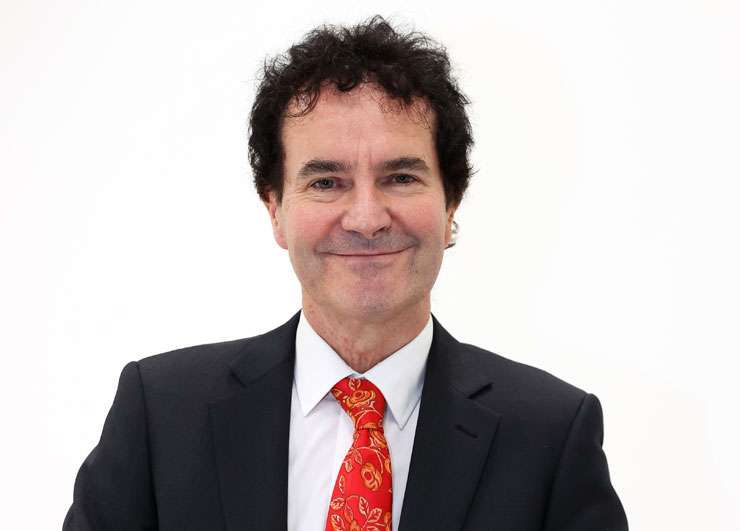Last week I discussed results from my latest survey of real estate agents around the country undertaken with the Real Estate Institute of New Zealand, and how they revealed some key differences with attitudes (worries mainly) early in last year’s nationwide lockdown.
A key difference was that back then a net 48% of agents said the main worry of buyers was they might lose their job. This time around only 12% say people have that concern. Perhaps this underlying strength in the labour market and job security helps explain one of the main results from another monthly survey I run.
This one seeks to find out what Kiwis’ spending plans are for the coming three to six months. The net proportion of over 1,000 respondents saying that they plan to raise spending generally has understandably fallen from 31% to just 20%.
A net 4% of people plan reducing spending on eating out which is the worst result since Auckland’s lockdown in August last year. A net 27% plan spending more on home renovations and this continues to be the top or second highest area of spending alongside domestic travel which understandably fell away sharply.
Start your property search
The interesting number is this. A net 5% of people said that they plan to buy a house to live in. This was up from just below 3.5% last month and the strongest result since February’s 6.4% when the FOMO (fear of missing out) frenzy was about to be slammed by the return of loan to value ratio rules (LVRs) and then the March 23 tax changes for property investors.

Tony Alexander: “The backlog of frustrated buyers is large and growing.” Photo / Fiona Goodall
The rise in house-buying plans likely reflects not just strong job security but also accelerating wages growth, the extension of the period of record low interest rates, and awareness of what happened last time we came out of lockdown – the housing market surged.
In fact, if we look at the monthly data on sales in Auckland put out by real estate agency Barfoot & Thompson, we see something quite interesting. In March last year, their sales fell away by a seasonally adjusted 40% in the month, even though the nationwide lockdown only officially started on March 23. Last month, their sales fell only 13% despite lockdown starting on the 18th.
But it’s not all upside in the housing market. A net 4% of respondents to the Spending Plans Survey said they plan to reduce investment property purchases, down from a net 1.3% negative in July and the weakest result since May when the pullback of investor buyers following the March tax announcement was at its most intense.
These numbers are nationwide. What about Auckland specifically? The reaction to lockdown is more negative than the country as a whole. There has been no rise in the net proportion of people planning to buy a home, and the proportion planning to buy an investment property has declined to -5% from 0%.
Is this an indication of greater trend or cyclical weakness in Auckland? Probably not given the circumstances of this lockdown which has affected and continues to affect Auckland more intensely than the rest of the country.
What does this mean then for the remainder of the year? Spring is coming and that is a time when vendors traditionally step forward to sell. The backlog of frustrated buyers is large and growing, especially as many will be worried about rising construction costs and completion timelines so will be switching back to searching listings.
We know the housing market bounces back after lockdown. Auckland’s lockdown weakness is greater than the rest of the country. Therefore, the recovery in our biggest market which accounts for about two-thirds of the total value of residential real estate transactions in New Zealand is likely to be stronger than elsewhere.
- Tony Alexander is an economics commentator and former chief economist for BNZ. Additional commentary from him can be found at www.tonyalexander.nz

































































